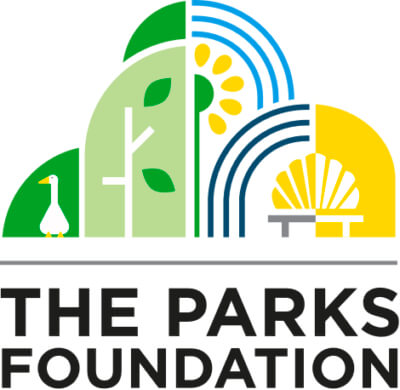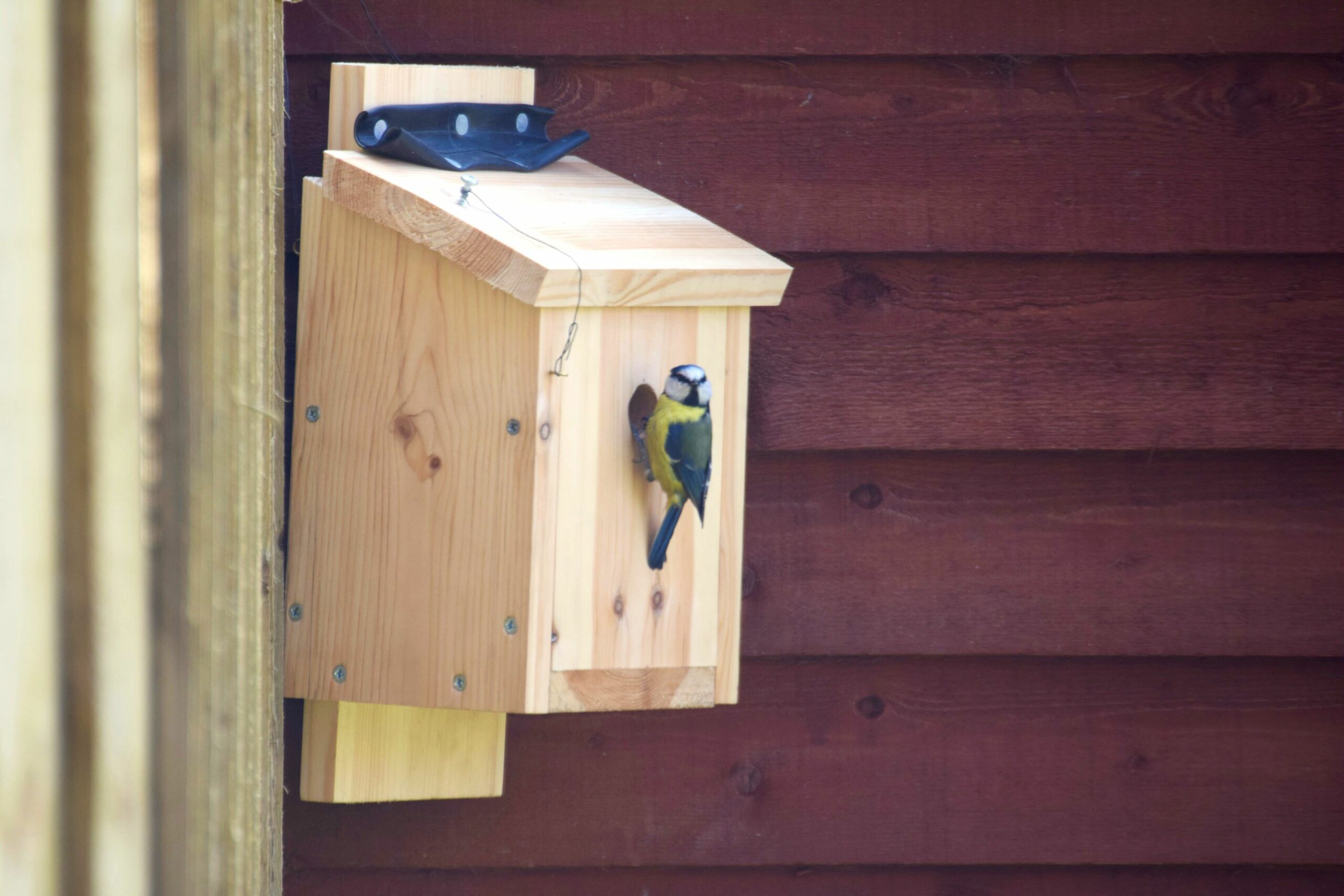
Would you like to see more birds, bees, and butterflies in your garden?
Almost a fifth of greenspace in the Bournemouth, Christchurch, and Poole area is people’s gardens, and gardens are becoming increasingly important for wildlife. There are likely to be over a hundred native species of plants and animals in an ordinary UK urban back garden – so the way you manage your garden can really help wildlife conservation. Your garden can be a place for you to connect with nature and enjoy discovering the plants, animals, insects, and birds which might make it their home.
Garden for Nature Guides
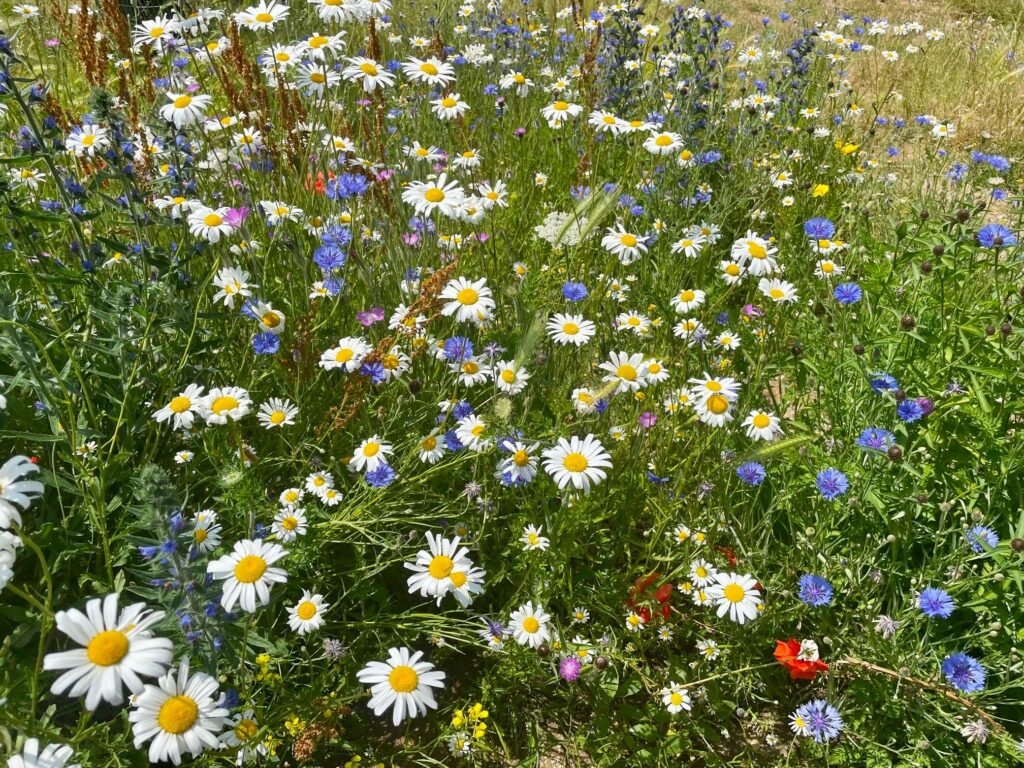
Marvellous Meadows
Wildflowers will offer a source of nectar and potential breeding habitat for a range of species, as well as creating a pop of colour for you to enjoy. Find out how to create a marvellous mini meadow in your garden or outdoor space – from designating an area of your lawn for wildflowers, to creating a meadow in a pot for your patio or balcony.
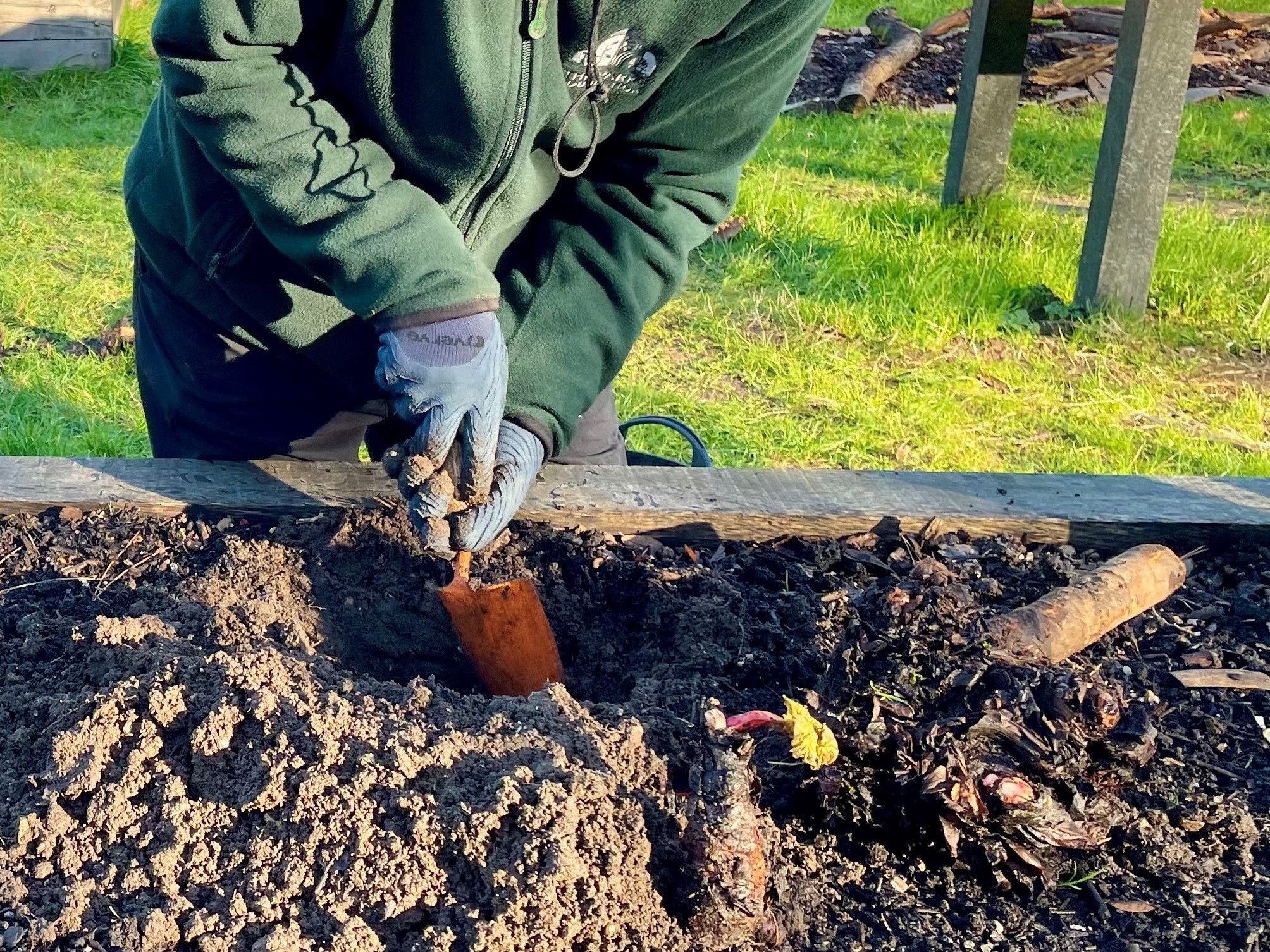
Composting and Healthy Soil
A compost bin is an easy way to bring your garden to life. By recycling garden waste and kitchen scraps you can entice a whole array of wildlife to visit while also reducing landfill, protecting peat bogs, and saving money too.
Compost bins create sustainable, nutrient-rich soils for pots and beds whilst also acting as a fantastic habitat for many different species.
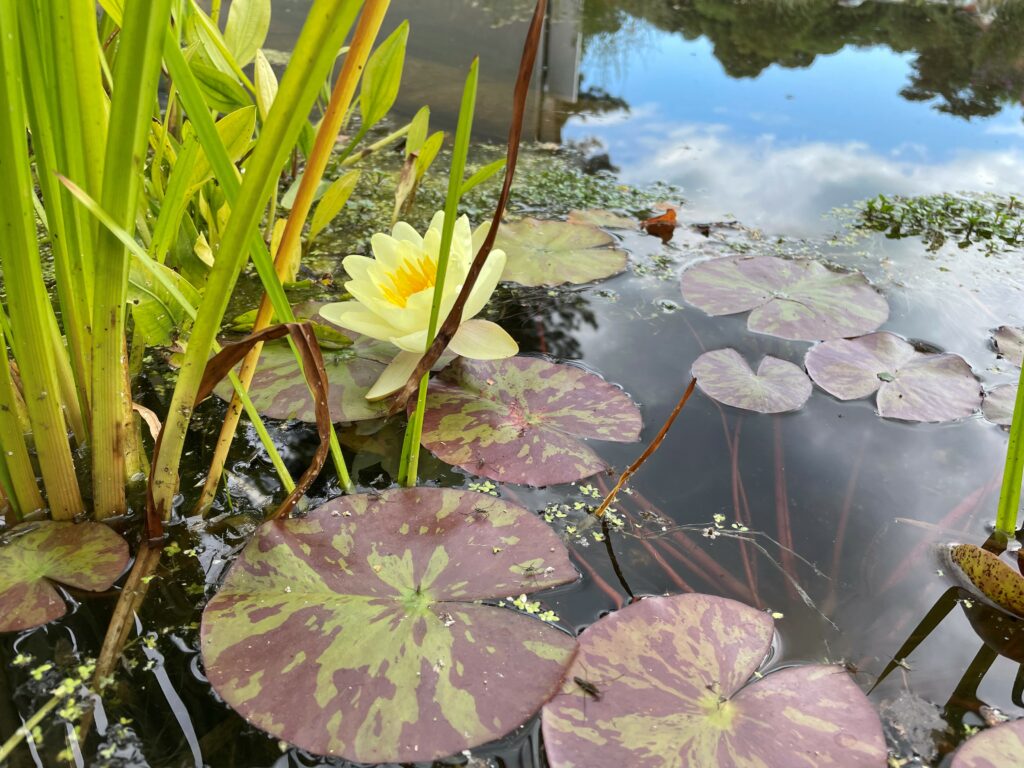
All Things Ponds
Ponds and mini wetland habitats of all shapes and sizes are a vital refuge for many different species including frogs, toads, and newts. From a small container pond to a large garden wildlife pond, we can boost the biodiversity of our urban areas. Learn how to create the perfect pond for your outdoor space using our guide.
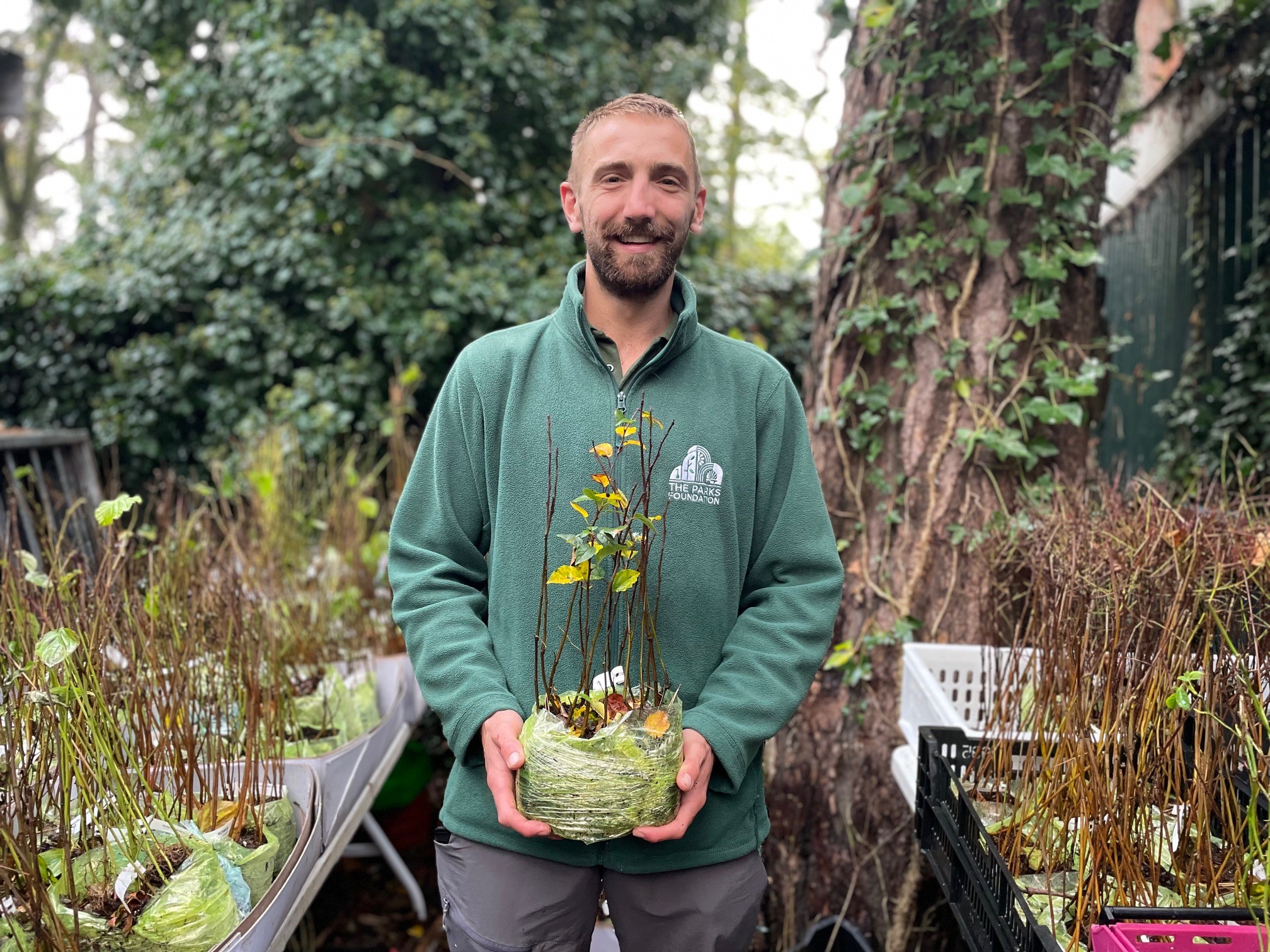
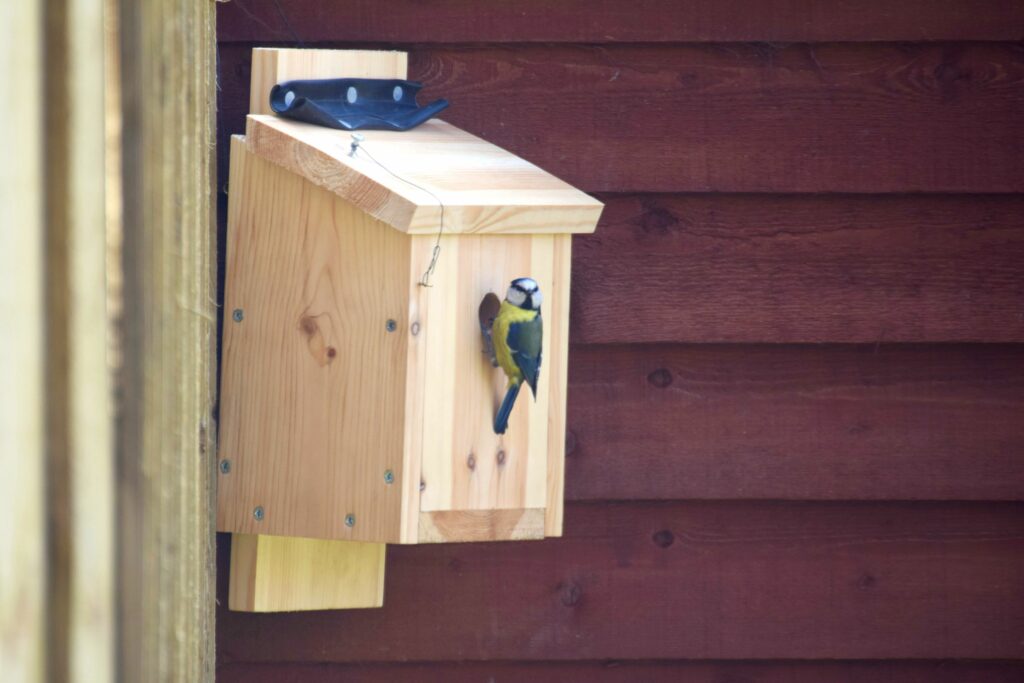
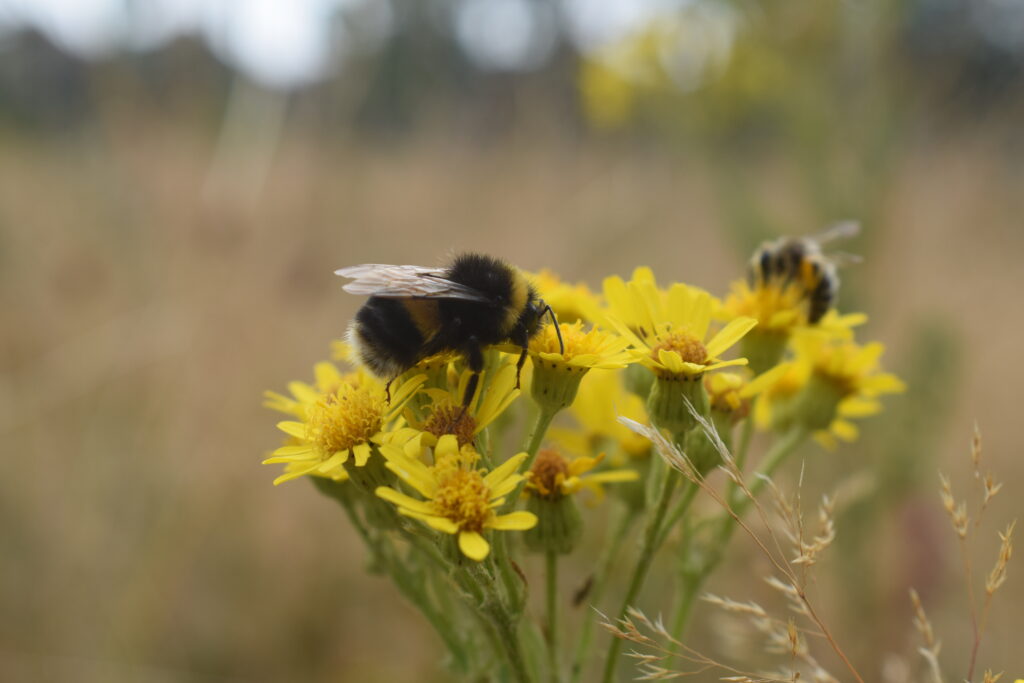
Flowers for Pollinators
Planting a mix of UK native and non-native flowering plants in your garden will provide nectar and pollen for a wide variety of insect species. This will make it a wildlife-friendly habitat and a bright, colourful space for you to and enjoy. This guide illustrates which are the best plants for pollinators according to time of year.
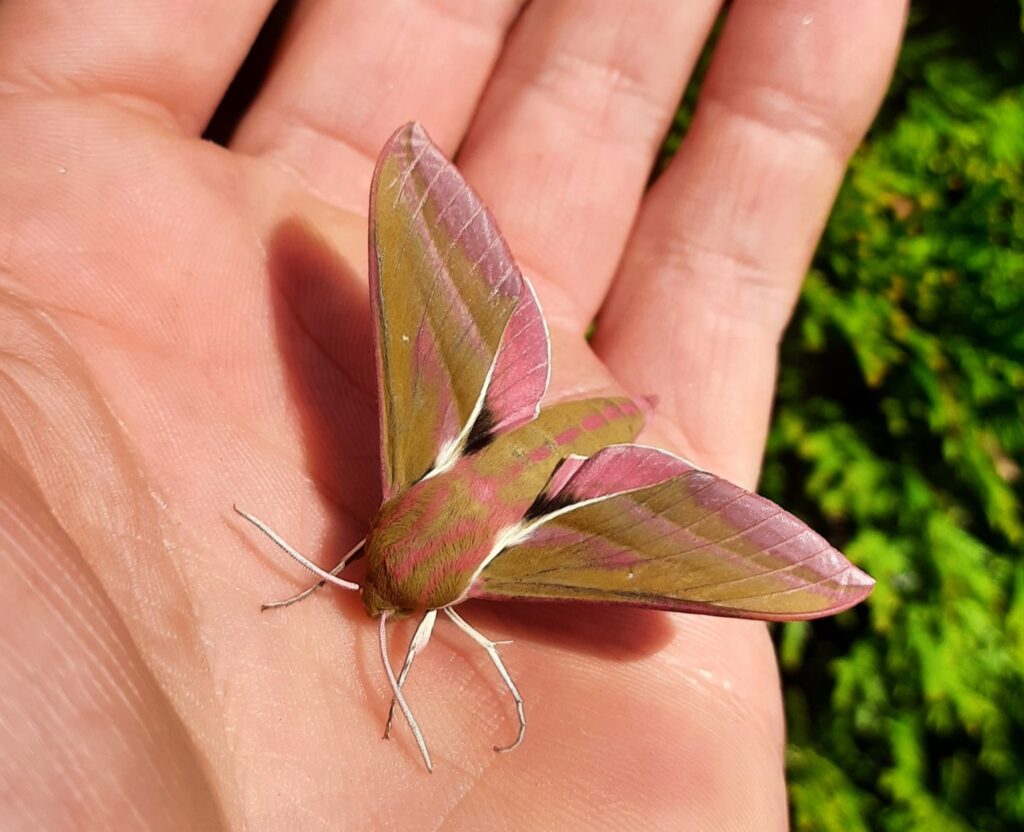
Butterflies and Moths
As well as being pollinators, butterflies and moths play a vital role in our ecosystem. And they’re beautiful for us to watch, too! The UK has 59 species of butterfly and around 2,500 species of moth – use our guide to find out how to help welcome them into your garden or outdoor space.
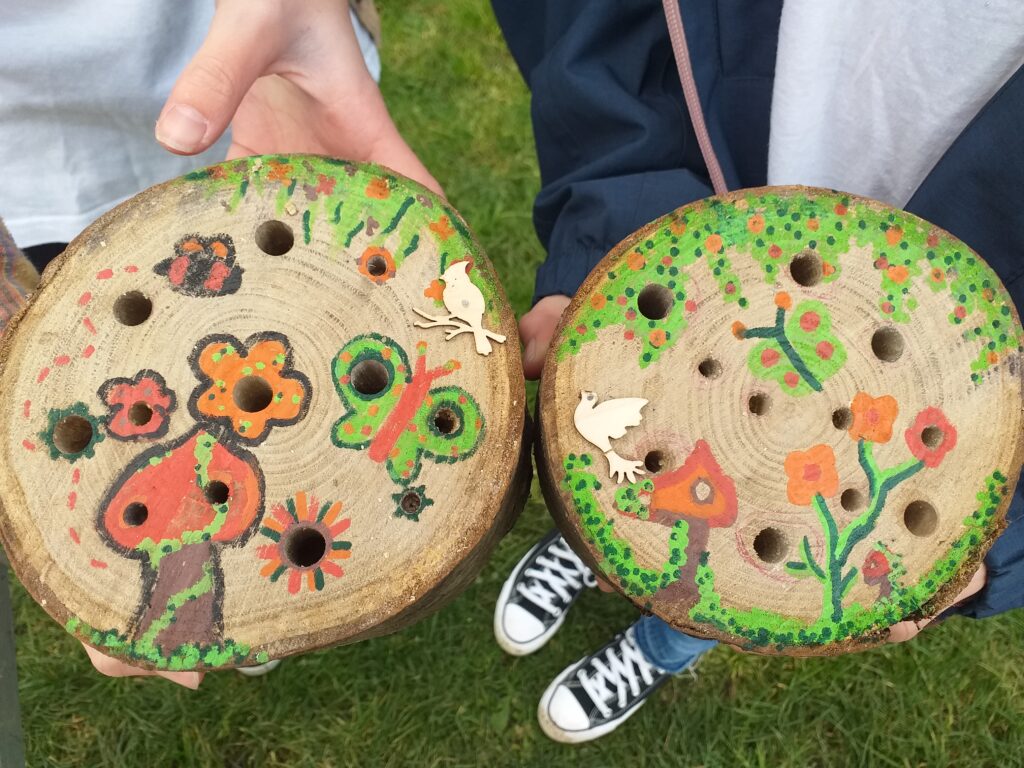
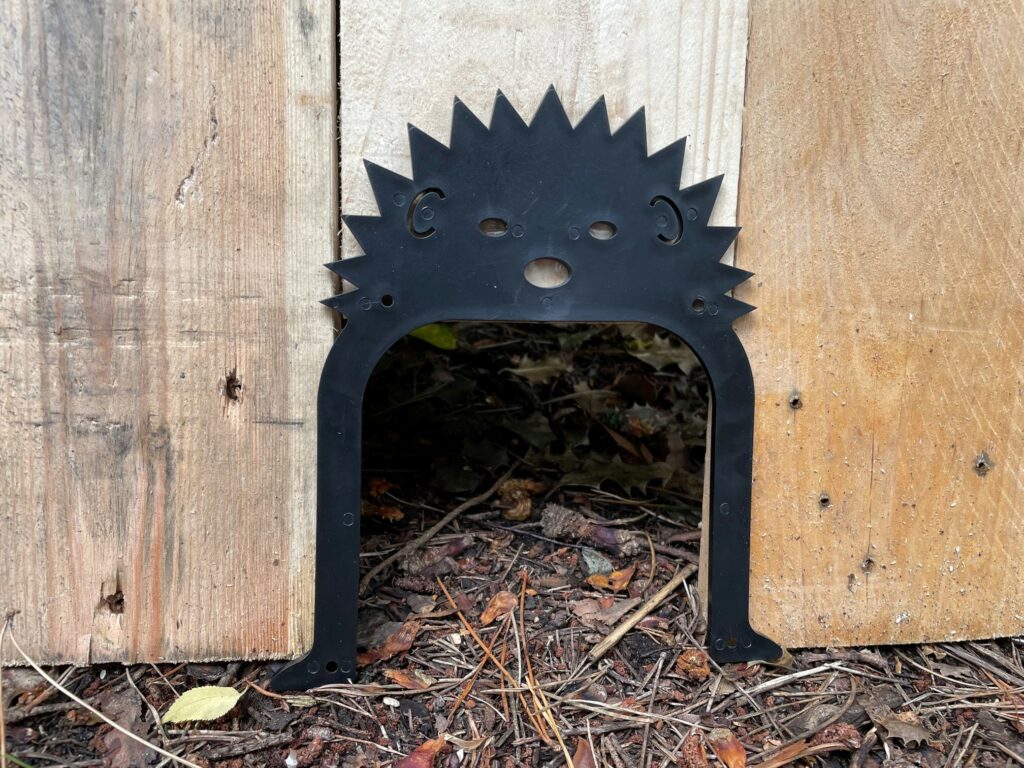
Gardening for Hedgehogs
Hedgehogs are an important indicator species for the health of our environment, but their numbers are in decline. We can help hedgehogs by making small changes in our gardens such as creating wild patches, compost heaps, and hedgehog highways. Find out how using our handy guide.
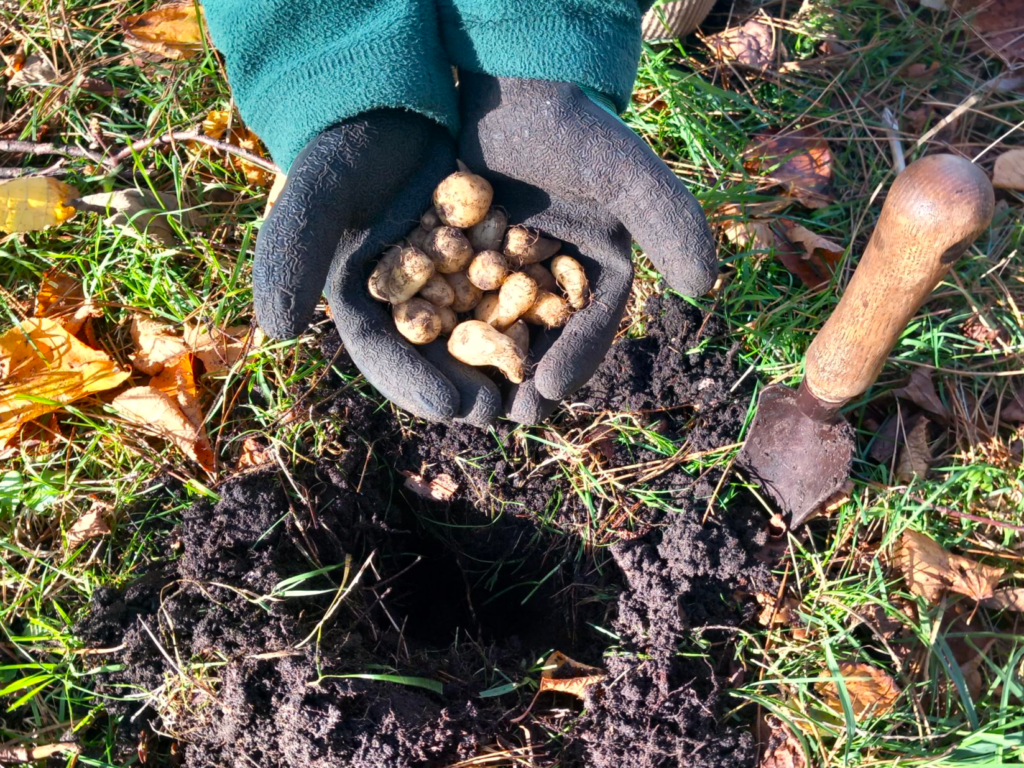
Bulb Planting
Planting bulbs in the autumn and winter is a great way to ensure your garden blooms in the spring and summer, and helps to provide a vital food source for insects in the form of nectar and pollen. In our handy guide learn how to plant bulbs such as Snowdrops, English Bluebells, and Wild Cyclamen so your flowers grow successfully.
Get in touch
- info@parksfoundation.org uk
- 01202 143724
Thanks to our funders



Stay up to date
Join our email newsletters and be the first to know the latest about our charity’s projects and activities across Bournemouth, Christchurch, and Poole – straight to your inbox.
- The Parks Foundation – our monthly newsletter, full of updates and information about our charity’s projects, events, cafés, fundraising, and opportunities to get involved.
- Parks in Mind – our monthly programme listing our upcoming wellbeing activities for adults.


